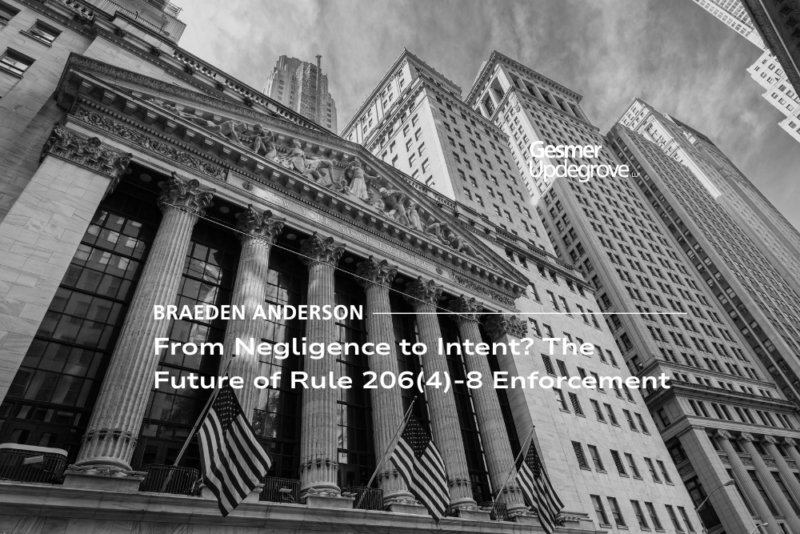The Massachusetts Wage Act, M.G.L. c. 149, §148, is a particularly punitive statute for Massachusetts employers – entitling employees who are not timely paid their wages to three times the amount owed plus reimbursement of attorney’s fees accrued in pursuing their claim.
With a recent decision of the Supreme Judicial Court – Reuter v. Methuen – that law became even more onerous for employers. Now, all violations of the Massachusetts Wage Act immediately trigger the law’s mandatory triple damages penalty and attorney’s fees provision, even if the employer pays the late wages before a complaint is filed. This a significant change from prior practice, when employers could correct late payments before a complaint was filed. Employers may now be responsible for triple damages for all violations, even if inadvertent and even if corrected immediately.
What are common Wage Act violations?
Wage Act violations occur surprisingly often and encompass far more than the intentional withholding of an employee’s paycheck.
While there are dozens of ways to run afoul of the Act’s requirements, some of the most common mistakes are listed here.
Failure to pay mandatory wages:
- Travel time. Employees are owed pay for time and mileage when traveling during the workday at the direction of the employers.
- Improper deductions from wages. Employers cannot deduct certain expenses from employee’ paychecks.
- Earned vacation time. Employees are owed the value of earned vacation time when they resign or are terminated.
- Minimum Wage. The current minimum wage in Massachusetts is $14.25 an hour.
Untimely payment of wages:
- Failure to provide weekly or biweekly payments. With some exceptions, employees generally must be paid weekly or biweekly (not twice per month).
- Failure to provide timely termination pay. In most instances, employees are owed final wages and vacation pay on the termination date.
Misclassification:
- Overtime Eligibility. Eligible employees, even those on salary, are owed overtime pay for hours worked over 40 hours per week.
- Independent contractors v. employees. For purposes of the Wage Act, workers are presumed to be employees unless they meet a strict three-part legal test.
- Commissions and bonuses. Without a clear commission plan, employees may be owed commissions sooner than many realize. Sometimes, bonuses are also treated as commissions.
What does this mean for your business?
The SJC’s employee-friendly decision means that more than ever, businesses must be proactive and diligent in ensuring compliance with the Massachusetts Wage Act. A small, inadvertent violation now has the potential to become very expensive, even if quickly remedied.
Because wage laws are complicated, nuanced, and dynamic, it is often difficult or impossible for employers and employees to intuit their way to the correct outcome. If you are unsure if your company is in compliance, you should seek legal advice.
In addition, resignations and terminations impose separate requirements for employers under the Wage Act, which should be navigated carefully. Again, seeking the advice of counsel may be well-advised, especially in complex or contentious cases.
If you have any questions or want to discuss any related issues please contact us below
Check out some of our latest publications.
- PREDICTION MARKETS, SPORTSBOOKS, AND SELIG’S CFTC: A JURISDICTIONAL INFLECTION POINT

- SEC CHAIR OUTLINES PLAN TO BRING CLARITY TO DIGITAL ASSET OVERSIGHT

- CRYPTO TAX: YEAR-IN-REVIEW

- SEC Chairman Paul Atkins Announces Updates to Wells Process

- SEC Policy Update: Coordinated Review of Settlements and Waivers Restored

- SEC Provides Key Update on Treasury Clearing Rule Implementation

- Coordinated Clarity: SEC and CFTC Issue Joint Statement on Spot Crypto Asset Trading

- From Negligence to Intent? The Future of Rule 206(4)-8 Enforcement

- SEC to Hold Roundtable on the Order Protection Rule: Revisiting Two Decades of Reg NMS

